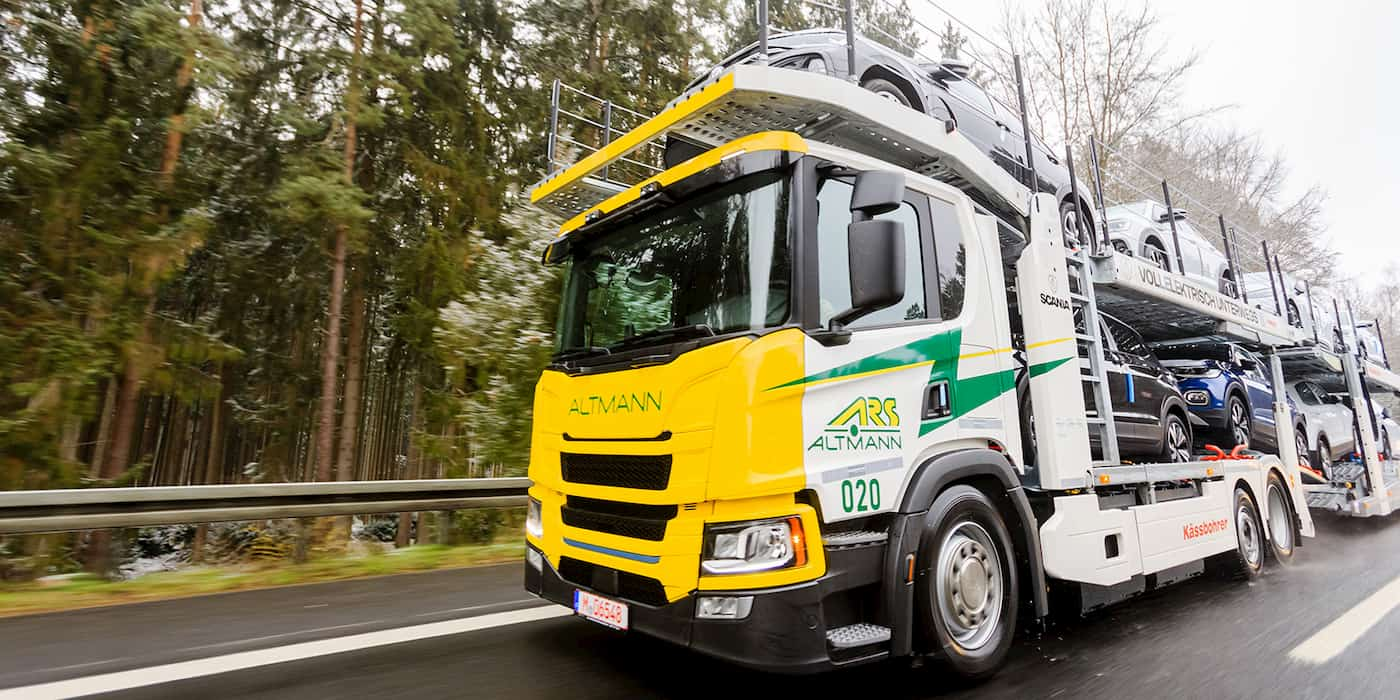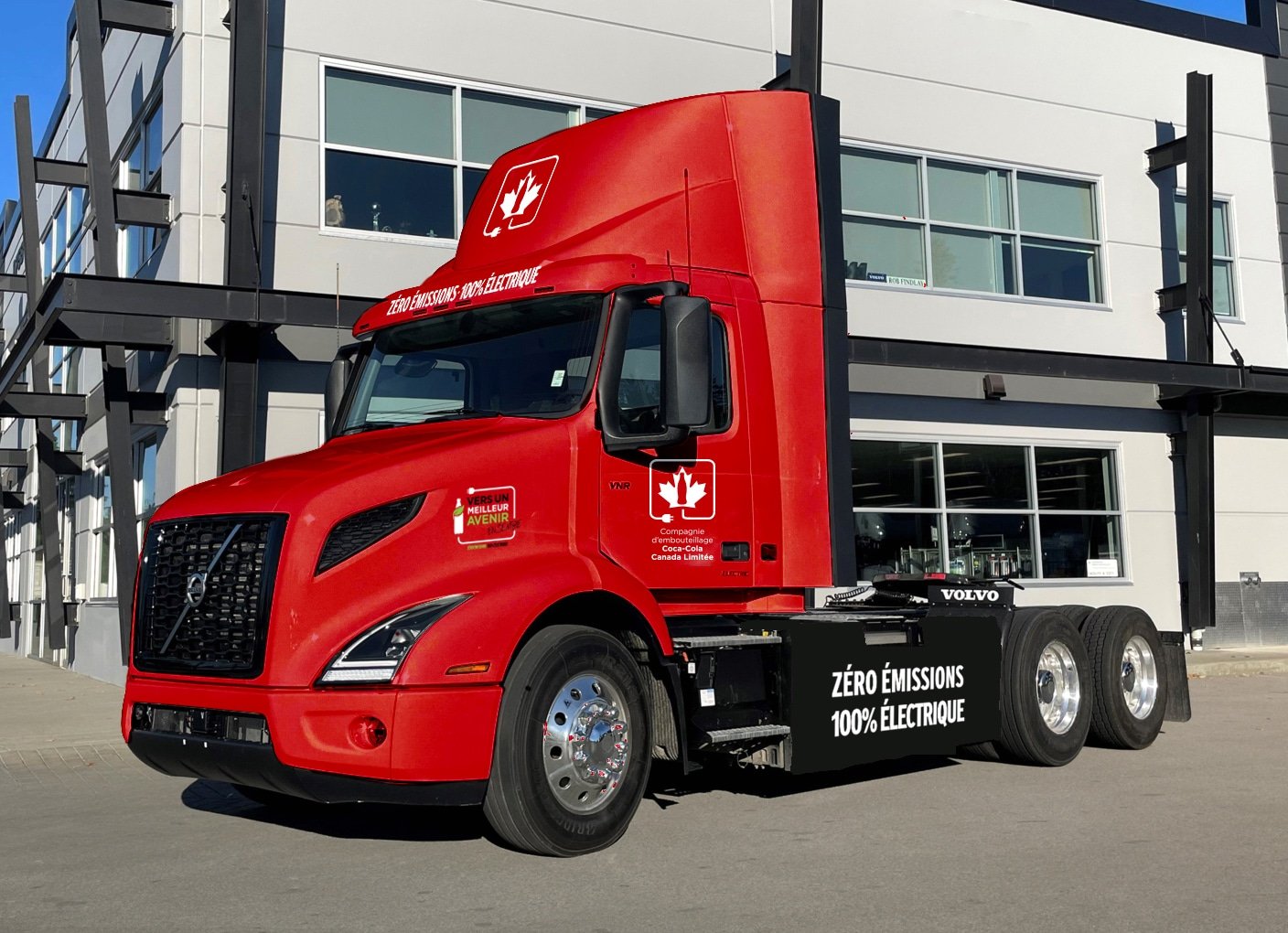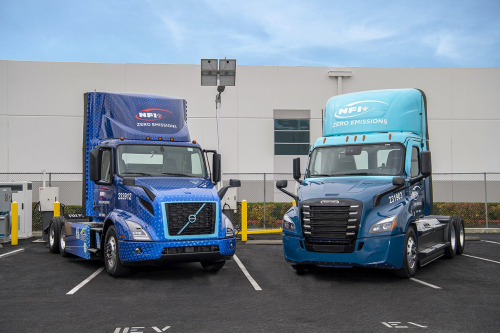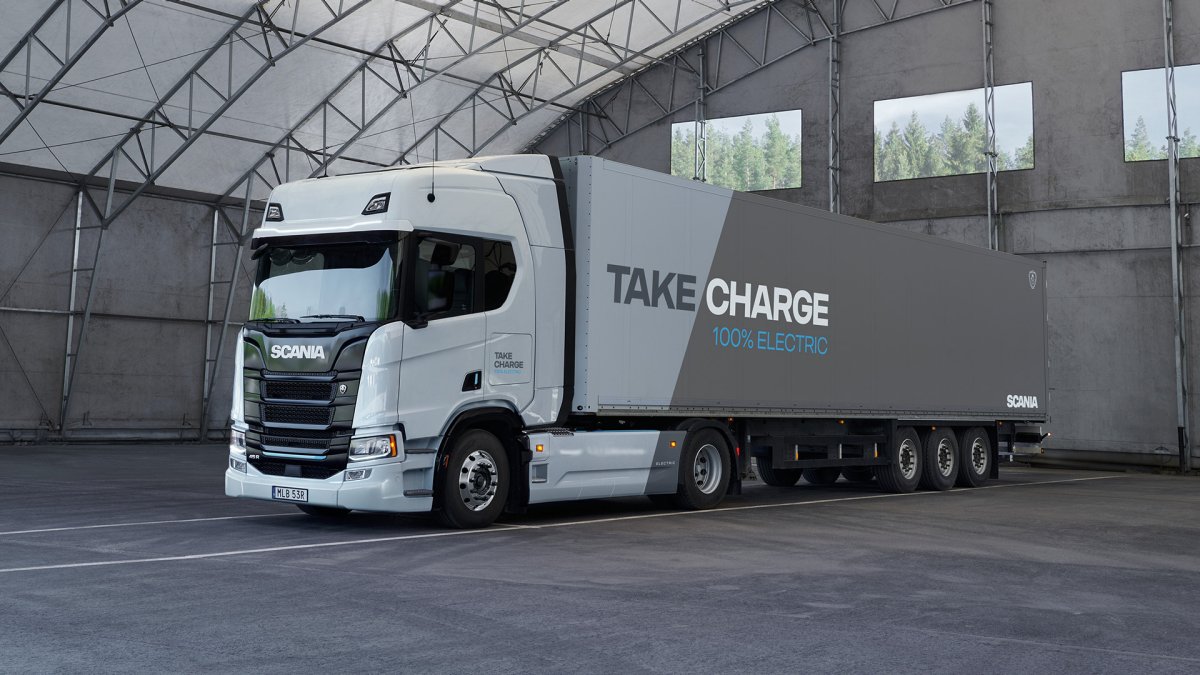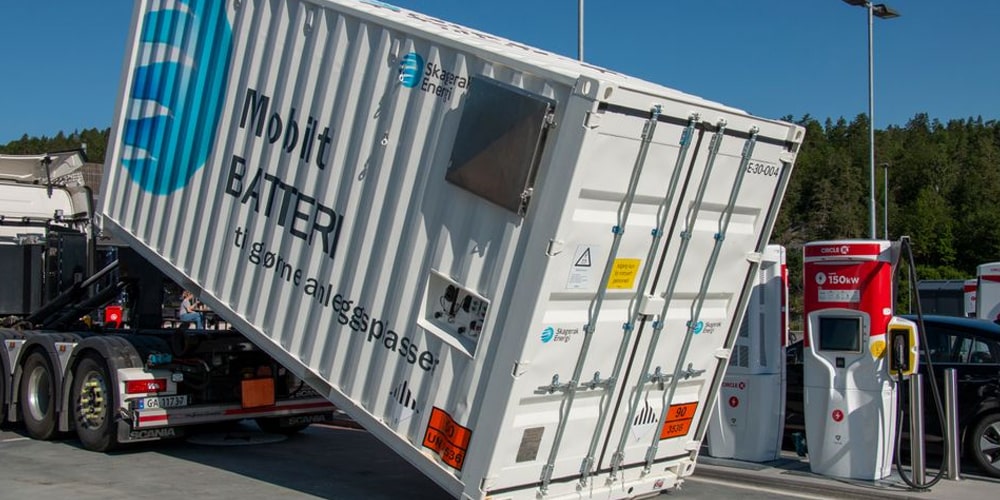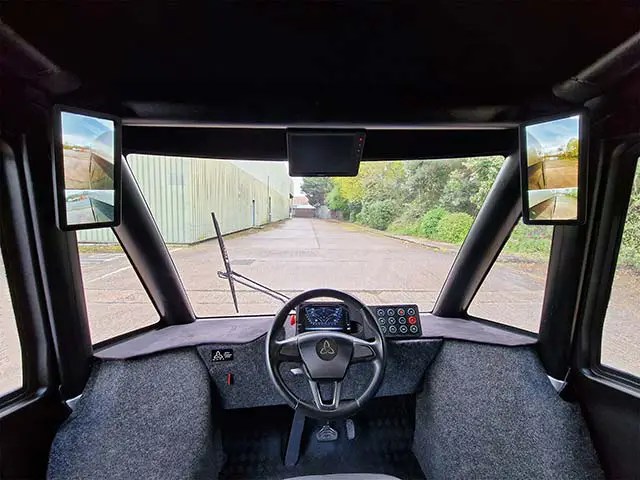Swedish commercial vehicle manufacturer, Scania, is continuing to make strides in the zero-emission vehicle space with the introduction of the first Scania P 25 all-electric auto transporter. This 42-ton electric vehicle hauler has the potential to play a crucial role in reducing emissions from the transportation industry.
With over 120 years of experience in heavy-duty truck and bus manufacturing, Scania has become a leading global company in its field. The company made a significant breakthrough in 2020 with the launch of its first 100% battery electric truck designed for city use, which had a range of up to 250km (roughly 155 miles) on a full charge. Since then, Scania has continued to innovate and expand its electrification efforts, including the release of its first regional long-haul electric truck in June of last year.
Scania is also collaborating with other commercial truck manufacturers such as Volvo Trucks and Daimler to build and operate a public electric vehicle charging network across Europe, which aims to install at least 1,700 fossil-free chargers.
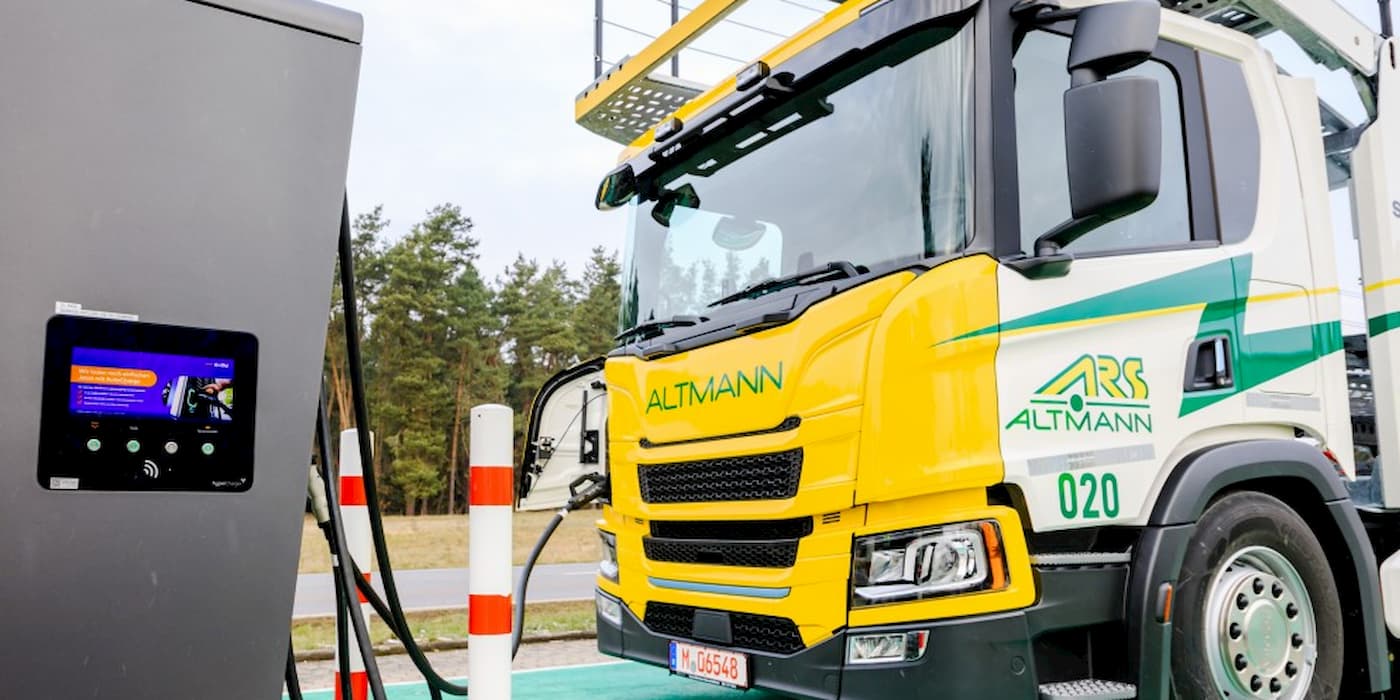
Scania’s commitment to electrification goes beyond just trucks, as the company has also introduced the first electric timber truck and Sweden’s largest 66-ton EV truck. With a goal of achieving a 50% electric share of total sales and CO2 neutrality by 2030, Scania is making swift progress in the transition to zero-emission commercial travel.
Scania recently delivered the world’s first battery-electric auto hauler to Bavaria-based logistics firm ARS Altmann Automobillogistik, with the 230 kWh Scania P 25 all-electric transport already being used for distribution. The electric truck can transport up to eight cars and be fully charged in less than 90 minutes at a maximum of 130 kWh (CCS 2), allowing it to be charged in full as the cars are loaded and unloaded.
Logistics drivers have given positive feedback on the new electric trucks, with one driver stating that “the handling is very good and compared to diesel, it is lively.”
Scania’s battery electric trucks are being utilized in various industries to reduce emissions, such as mining, construction, and hauling. The company also provides a turn-key solution for customers looking to cut emissions with electric vehicles, including charging hardware and software, financing and insurance, and tailored services to maximize uptime and productivity.
Overall, Scania’s continued efforts in the zero-emission vehicle space are commendable and have the potential to make a significant impact on reducing emissions from the transportation industry.

